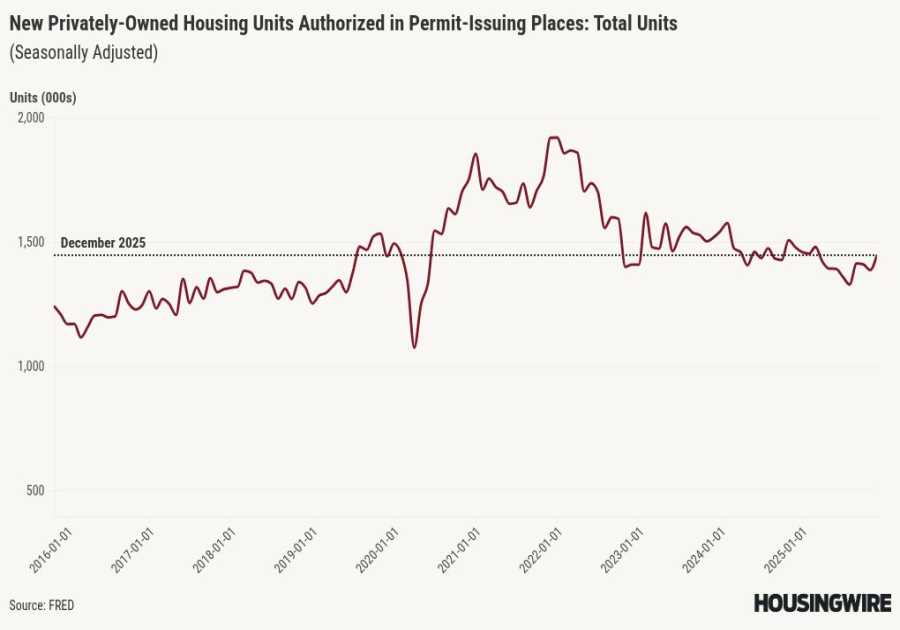Michael Samuel
- Remote workers who moved far from the office are being called back.
- No matter what your company says, there's no guarantee remote work will last forever.
- But there are ways for workers to evaluate how safe their remote arrangements are.
US remote workers are quickly learning to be careful about moving too far from their offices.
Over the past year, as more employers have begun requiring in-office attendance at least a few days a week, Insider has spoken with remote workers who were forced to make difficult life decisions. But one economist says there's a way to get a sense of how secure your remote work freedom really is.
Moving away from the office is a roll of the dice
When Jay, an elder millennial, learned that his company would reenact a pre-COVID-19 policy that required employees to live within two hours of a company office, he had two options: quit his job or take a role at a different office that came with a $35,000 pay cut. Jay, whose last name and employment are known to Insider but being withheld for privacy, chose the latter.
Felicia, a 53-year-old administrator in Arizona, was in a similar position. She quit her six-figure job when her company shifted from a hybrid model to fully in-person, she told Insider, which verified her last name and employment but has withheld them for privacy.
To some degree, stories like these show that moving away from the office — while appealing if a person is seeking a lower cost of living or a change in scenery — is a roll of the dice for remote workers. But not all remote positions are the same, so some are more likely to stay fully remote.
On September 13, Adam Ozimek, the chief economist at the bipartisan public-policy organization Economic Innovation Group, took to X (formerly Twitter) to explain what he considered the "hierarchy of certainty" regarding remote work. He broke it into three categories, from least to most certain that the company's remote policy would persist.
Category one: Your company is remote but hasn't taken a firm stance on its remote-work future.
Category two: Your company is remote and said that it intended to be permanently remote.
Category three: Your company is remote, and both your company and multiple competitors have said they intend to be permanently remote.
There continue to be plenty of skeptics about remote work's impact on worker productivity. But if a company sees some of its competitors returning to in-person work, executives may begin to worry they'll be at a disadvantage.
"You really need firms in category three to be sure that moving for remote is not risky," Ozimek wrote. "And thus, we can expect remote work driven moves to increase as more firms enter three and remote work options grow and solidify."
Even the tech industry isn't safe for remote workers
According to Ozimek's theory, working in a seemingly remote-friendly industry, such as tech, isn't enough to provide workers peace of mind. It's something Michael Samuel, a 34-year-old former human-resources professional in the tech industry, learned last year.
In March 2020, he told Insider that his company transitioned to fully remote work because of the pandemic. That August, he moved from New York to Oregon for a "change of scenery and lifestyle."

Michael Samuel
Fast-forward to June 2022, and his company began requiring employees to be in the office at least three days a week — Samuel said it was due to easing COVID-19 restrictions and the desire for more in-person collaboration.
"The change in policy did surprise me to some extent," he said. "While I anticipated a return to the office, the extent and timing of the requirement were unexpected."
Samuel said he initially considered quitting his job but decided to explore other options first. For a while, he was able to alternate his time in New York and Oregon for two-week periods — his employer covered his travel and accommodations. But eventually, he began to feel increasing pressure to live closer to the office.
In September 2022, he moved back to New York, but three months later, he quit — in part so he could focus on a résumé-writing business he started in 2020.
"The office requirement played a key role in my decision to quit, as it conflicted with my desire for a fully remote-work model," he said.
For Samuel, being caught off guard by his company's policy shift didn't ultimately cost him much. He said the remote nature of his business allowed him to move out of New York again — he now lives in Texas.
But not all remote workers end up so lucky.
Read More
By: [email protected] (Jacob Zinkula)
Title: Don't make any major life decisions based on the assumption you'll work from home forever
Sourced From: www.businessinsider.com/dont-make-life-changes-thinking-you-will-work-from-home-2023-9
Published Date: Thu, 28 Sep 2023 17:08:16 +0000
.png)





